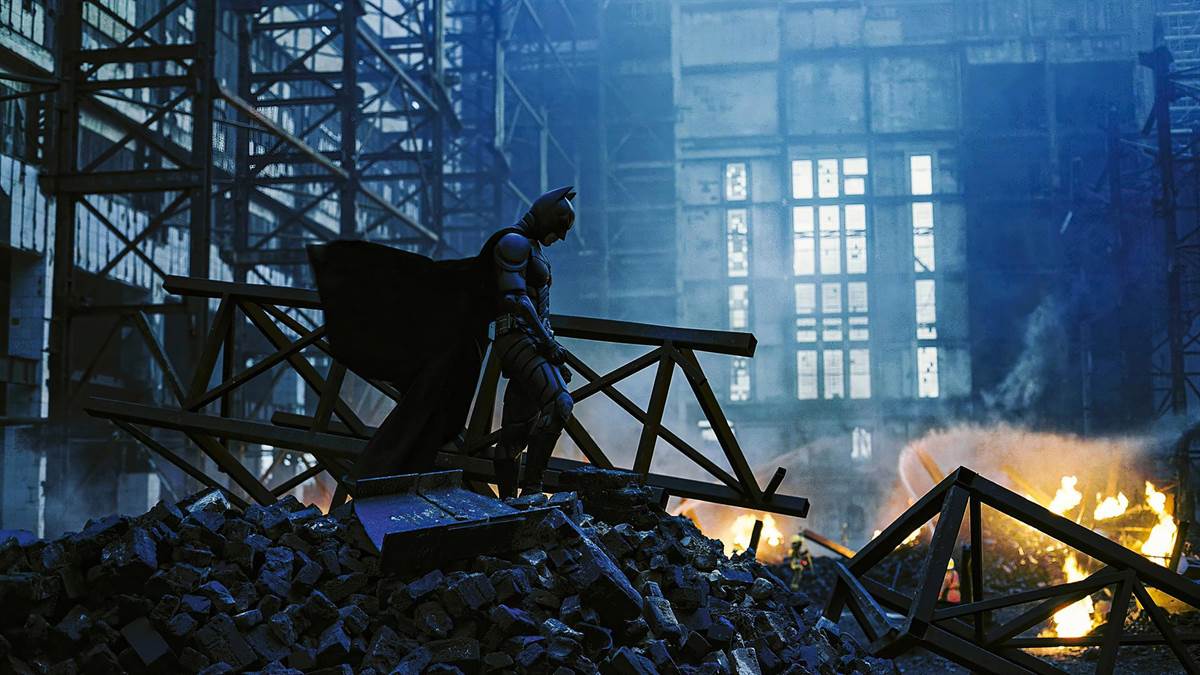
Superhero movies used to feel larger than life. Today, they feel oddly small.
I’ve been going to the movies every week since 1981. It started with my parents dragging me along, but by middle and high school, I was going on my own. Through college, work, and life, movies became a ritual. Eventually, that passion became something more when I launched FlickDirect. What began as routine turned into a mission.
I was also a latchkey kid. I’d come home, throw my backpack down, and do homework while watching Green Acres or The Disney Afternoon. That rhythm shaped the way I saw stories. They weren’t just entertainment. They were comfort. Escape. A way to let the noise fade for a while.
I grew up on Christopher Reeve’s Superman. I was too young to see the original in theaters, but I saw Superman II, III, and IV on the big screen. By the time the nuclear arms plotline hit in Quest for Peace, I was done. It had lost the spark. I walked away from superhero movies entirely.
Then, Batman in 1989 changed everything.
I waited in line for five hours to see that movie opening weekend. It wasn’t just a screening. It was an event. That film took superheroes seriously. It didn’t apologize or try to play it safe. It was dark, focused, and deliberate. That version of Bruce Wayne didn’t need to crack jokes to be likable. He just had to feel real in his world.
I always leaned toward DC. Marvel wasn’t part of my early life because I wasn’t allowed to read comic books growing up. My first real exposure to Marvel came in the early 90s through X-Men: The Animated Series. It was smart, mature, and just fun to get lost in. You didn’t need a deep background in comics. You just needed a pulse.
Years later, Smallville became my weekly reset. I was in my late 20s, married, and working full time. That show gave Clark Kent space to become Superman slowly. It didn’t rush. And it gave us the best Lex Luthor we’ve ever had. Michael Rosenbaum made him intelligent, sympathetic, and tragic. He wasn’t a villain. He was a man headed somewhere dark, and you understood every step of it.
I’ve never needed superheroes to be perfect. I just needed them to feel grounded. Not realistic. Believable.
That is why Batman Begins and The Dark Knight still land. Nolan didn’t treat them like superhero movies. He treated them like films that happened to include a superhero. David Goyer’s writing gave it structure and emotional weight. He also co-wrote Blade, a movie that didn’t need a universe or multiverse to be great. It just needed purpose.
Then came Man of Steel. I liked it. Snyder had a strong vision. It was bold and operatic. But I’m not here to defend Snyder. I’ve always preferred the tight discipline of Nolan. And long before either of them, Richard Donner and Tim Burton had already shown that you could tell a superhero story with tone, emotion, and myth without overcomplicating it.
The problem today isn’t just tone. It’s who’s making the decisions. More often than not, it’s not the directors or writers. It’s the executives and brand managers. You can feel it. Scenes are trimmed to hit a runtime. Moments that should land emotionally are cut short or disrupted by jokes. Everything is geared toward keeping the broadest possible audience engaged for two hours, not telling a story that lingers.
I’m not here to tear down Marvel either. The first three phases were brilliantly done. Infinity War and Endgame felt earned. But after Endgame, something shifted. Characters became interchangeable. Stakes disappeared. It all started to feel like filler.
But then Black Widow came out. It wasn’t perfect, but it had tone, story, and structure. It reminded me what these stories could feel like when taken seriously. That film pulled me back in. Then Thunderbolts* continued that thread, pushing things forward instead of sideways. Now I’m actually excited about Avengers: Doomsday. That hasn’t happened in a long time.
I’ve never connected with superhero stories that rely on infinite multiverses, self-aware jokes, or pure visual overload. If there are no rules, no logic, and no consequences, then there is nothing to hold on to. I don’t need it to be realistic. But I need it to mean something.
That might come from what I’ve seen in my own life.
I was on a plane over Washington, D.C. on 9/11. We were rerouted. I spent two weeks in London watching everything unfold from a distance. After that, I stopped looking for distractions and started wanting stories with purpose. Not hollow empowerment. Not slapstick masked as heart. I wanted characters who faced fear, loss, and chaos, and still moved forward. I wanted to see strength that cost something.
Superhero films used to do that. Not all of them. But the best ones left you quiet when the credits rolled. They made you think. They stuck with you.
Now I see Gen X and Y quietly stepping back. They’re not trashing it online. They’re not yelling. They’re just not showing up. We remember what this genre felt like when it mattered. And lately, that feeling hasn’t been there.
That’s not nostalgia. That’s clarity.
Studios may not notice right away. But they will. Because once emotional investment fades, no Easter egg or post-credit scene will bring it back.
If you want us to care again, make stories that deserve it.
Tags: superheros, superhero movies, generations, film tone, gen x, gen y
